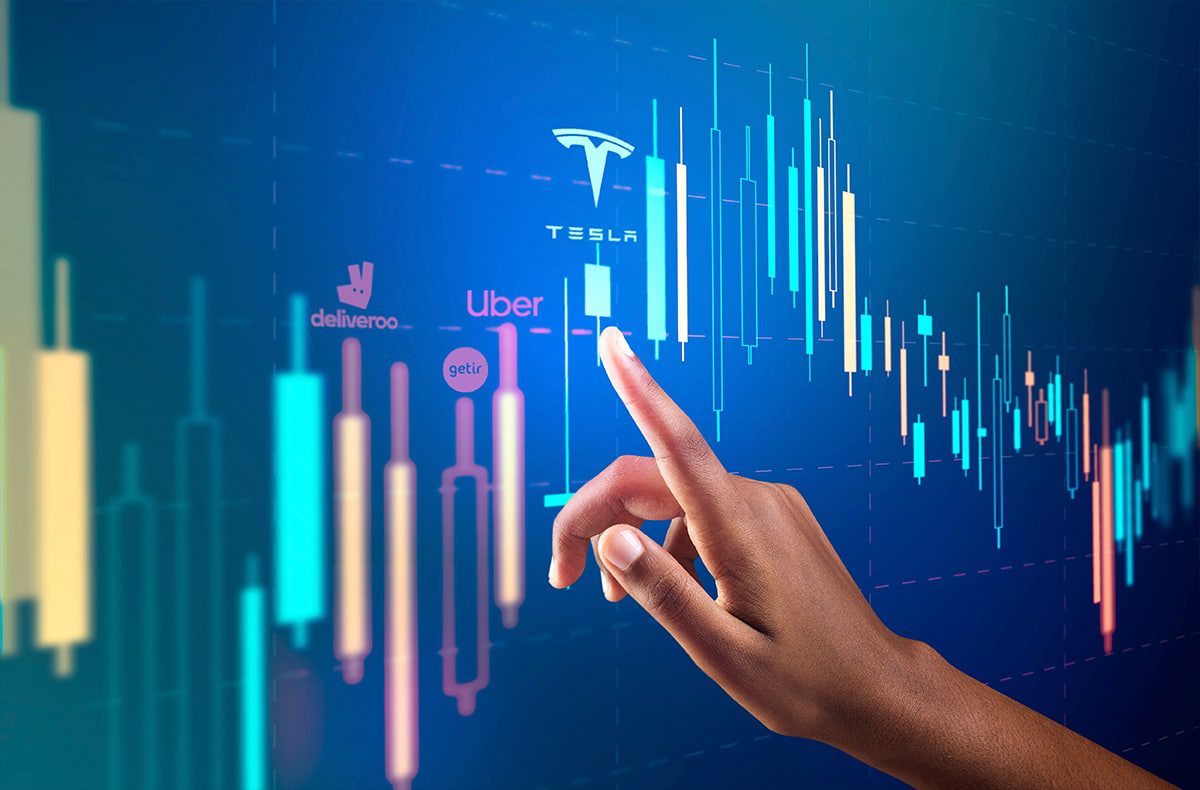
As any entrepreneur will know, starting a business requires gumption, courage and a healthy dose of foolishness. Mix that with a desire to do well and you have the makings of a great business. But what defines a great business? Is it its revenue, its headcount, its valuation and market cap or its EBITDA figures?
Based on what we’ve witnessed in the last few years, you’d be forgiven for not being certain it’s any of those things. We seem to be told daily that it’s simply down to a business’ future potential. Uber has to become hugely profitable eventually, right? Deliveroo was destined for great things when it IPOed in 2021, wasn’t it? Netflix’s huge fall from grace is just a blip, surely?
In recent years—and partly thanks to the pandemic—we’ve seen a huge increase in the number of businesses wanting to get things to you as quickly as possible, especially in the grocery world. Companies like Getir (now valued at $12 billion after its latest funding round) offer ultimate convenience by delivering groceries to your door within minutes from their dark stores. But just because something is a good idea, it doesn’t make it a profitable one.
A recent article suggested that even Getir’s own employees don’t think it can ever become profitable. With rising fuel prices chipping away further to potential profitability, people forget we’ve seen this all before. Rewind to 1999 when an online grocery business called Webvan was valued at $5bn even though it had only sold $395,000 of product. Two years later, it collapsed as it burned through cash and couldn’t add new customers. History will likely repeat itself.
Admittedly, I have absolutely zero experience of anything at the level of an IPO, nor even raising a large sum of money. But it does baffle me that so many people are buying into the hype delivered by big brands and their public offerings when the writing has been on the wall for some time.
I wrote previously about the smoke-and-mirrors of starting a business, but there seems to be a lot of smoke-and-mirrors involved in companies when they are about to go public. The people that win biggest at the IPO stage are the founders and the VCs who invested early in the brand, well before the public were able to get involved. It’s in their interests to market a brand and a great idea, with little thought for its revenues or profitability—after all, they are going to make money as long as others believe the hype.
Take Deliveroo, for example. Common sense seemed to prevail at the time of its IPO with it losing value rapidly on the day of its launch. But the corporate advisors and PR machine behind the offering were valuing the business at £8 billion. For some context, that was £1,333 for every person who had ever downloaded the app—not every active user, they had even included those who no longer used the app or had switched loyalty to another provider. Let’s say I’m an average user and they make £4 from every takeaway I order. Let’s imagine their average user orders a takeaway once every two weeks. It’s going to take them 13 years to make £1,333 from me. And that’s just in revenue, not profit!
Another casualty of a terrible IPO was the online car retailer Cazoo. After its debut at $7 billion, the company is now worth just $1.06bn in the space of nine months. It finds itself having to conserve cash in a “realignment plan,” axing 15% of its workforce and its founder, Alex Chesterman, blaming market conditions. No mention here of the fact that its excessive valuation when compared to other car retailers’ proven revenues was clear for everyone to see before its float.
You see the conundrum. Just because something is a great idea, hugely convenient and future facing in its approach, it doesn’t make it a profitable idea. But it does mean that there are founders and VCs out there that stand to make a lot of money if they can PR something well and get reach and eyeballs. The recent case of Uber allegedly breaking laws and secretly lobbying governments has shown that companies recognise the value of being both first to market but also the top of the food chain.
Businesses like Uber, Getir and Deliveroo all require a huge amount of initial capital to get to critical mass. Discount codes (I once bought a bottle of top shelf champagne for £10 on one delivery app) get you hooked but I don’t think they make you loyal. It only takes another challenger brand to pop up with an injection of capital to see your entire customer base switch sides. So that capital has to keep coming. More funding rounds and more losses can lead to larger revenues but certainly no proven timescales or route to profit.
But it does feel like the tide is turning further up the funnel before a business reaches IPO stage. Just this month, Klarna—the buy now, pay later firm—had its value slashed by 85% in its latest funding round. Its previous $46 billion valuation crumbled to $6.7 billion. Even Elon Musk has said, “it’s been raining money on fools for too long.” He went on to welcome the recession, saying, “companies that are inherently negative cash flow (i.e., value destroyers) need to die, so that they stop consuming resources.” We hear you, Elon! Let’s remember though that Tesla only reached profitability in 2021 after eight years of negative cash flow.
So here’s a novel idea. How about we start to value profit and companies that are making money for all their stakeholders and shareholders as quickly as possible? Not only is it helping them, but company profits contribute to society by paying corporation tax. It’s going to require a gear change though. No more fawning over giant companies that might never turn a profit. Let’s invest in companies that are already profitable, helping them scale that profitability further. Let’s stop investing in companies that might one day, perhaps, maybe if we’re lucky, on a wing and a prayer reach profitability—even if their idea is one of convenience and ingenuity.
Mind you, if someone offers me another £10 bottle of champagne, I’ll be the first to be entering that discount code thanks to someone else’s dime. More fool them!


